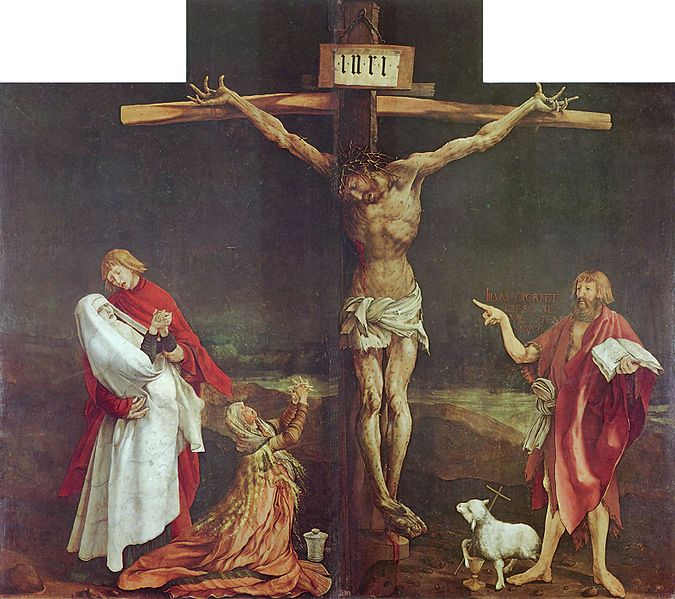- All warfare is based on deception.
- Hence, when able to attack, we must seem unable; when using our forces, we must seem inactive; when we are near, we must make the enemy believe we are far away; when far away, we must make him believe we are near.
- Hold out baits to entice the enemy. Feign disorder, and crush him. If he is secure at all points, be prepared for him. If he is in superior strength, evade him.
- If your opponent is of choleric temper, seek to irritate him. Pretend to be weak, that he may grow arrogant. If he is taking his ease, give him no rest.
If his forces are united, separate them.
- Attack him where he is unprepared, appear where you are not expected.
While self-righteous indignation seems to permeate much of the nation in the aftermath of recent UN speeches by Iranian President Ahmadenijad and Venezuelan President Chavez, I can't help but think of Sun Tzu's Art of War.
Another commentator I enjoy reading is also thinking along the same lines so I will express the view briefly and direct you to his site for further explanation. While I don't think Iran wants to be attacked at all, if an attack must come maybe now while domestic support for such an affair in the US is so low is best.
Perhaps Ahmedinejad and Chavez, seeing that Bush is of choleric temper, are seeking to irritate him. If Iran can withstand the first strike, then like Nasrallah in Lebanon, they win the war in world opinion.
On the topic of Nasrallah, one of his tactics (which is not to imply that it wasn't also his belief) was to keep arguing that Israel was going to attack and try to take territory. When they did, he looked quite smart, and was prepared. Chavez spoke of Imperialism...if the US attacks Iran he too will look smart.
Back to Nasrallah, I notice that suddenly the two state solution to Palestine is back on the agenda. So who won that war again?
Ah the dangers of giving in to the temptation to assume your enemies aren't as clever as you.
Somebody needs to tell these cowboys in Washington that there are other ways to win wars. As Sun Tzu wrote:
In the practical art of war, the best thing of all is to take the enemy's country whole and intact; to shatter and destroy it is not so good. So, too, it is better to recapture an army entire than to destroy it, to capture a regiment, a detachment or a company entire than to destroy them.
Hence to fight and conquer in all your battles is not supreme excellence; supreme excellence consists in breaking the enemy's resistance without fighting.



